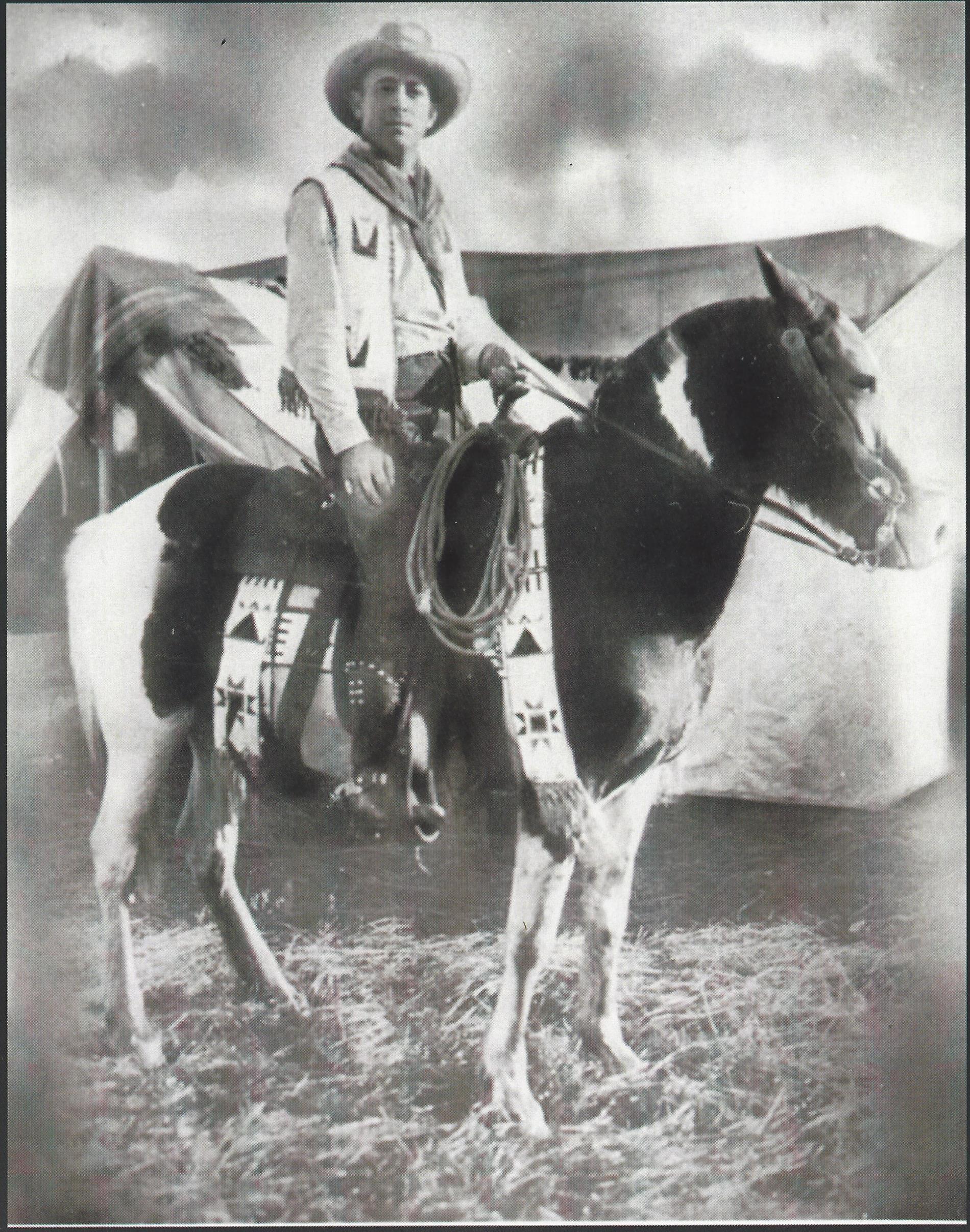“Two-Gun” Hart: An Italian American Cowboy

Madeline Northup
“He doesn’t like my name… Of course, we couldn’t all come over on the Mayflower… But I got here as soon as I could, and I never wanted to go back, because to me it is a great privilege to be an American citizen.”
-Anton Cermak
Anton Cermak, the 44th mayor of Chicago, Illinois, who served from April 7th 1931 to March 6th 1933, was a Czech immigrant. Just a few years before he became mayor, the famous son of Italian immigrants came to live on Chicago’s South Side, hoping to expand his bootlegging business. That man was Alphonse “Al” Gabriel Capone.
We’ve all heard the stories of the famous gangster and his nefarious dealings. His life has served as an example for “successful” mafia bosses, and he theoretically linked the Italian American identity to crime. Conversely, the Czech Anton Cermak is linked to upholding law in the city that gang violence tried to tear apart.
People’s names are connected to their actions and are a vital part of their identity. Capone and Cermak proved this. So why do so many immigrants to the United States change their names?

Dr. Corey Hart still ponders this as he tells the tale of his famous great grandfather, Al Capone’s “secret” brother, Richard Hart (a.k.a. Vincenzo Capone). He has spent his life learning more about and embracing his Italian roots, a stark contrast to the desires of many Italian immigrants of previous generations. Yet, this is a time when uniqueness is mostly celebrated, not discriminated against, especially in the Italian American community.
When Vincenzo Capone was young, he used to attend travelling Wild West shows and watch Western movies. He fell in love with the idea of the wide-open West, the Land of Opportunity. He could be anyone he wanted there, and he could become his own man.


Having been born to Italian immigrants Gabriel and Teresa Capone, Vincenzo was very much immersed in Italian culture at a young age. But, when he was sixteen, he decided to leave home and create a life for himself that he could take control of. Joining a travelling circus, he served as a roustabout for a little while, prior to his service in WWI, until he eventually settled down in Homer, Nebraska. During this time, Vincenzo changed his name to Richard Joseph Hart, after his favorite silent film actor, William S. Hart.


Going forward, he adopted the lifestyle of a true “cowboy,” wearing traditional Western dress and often demonstrating his sharpshooting, roping, and horse riding skills. He served as a federal prohibition agent over a territory that spanned from Iowa to the state of Washington, upholding Prohibition-era laws and “busting stills.” In 1926, he even became a special agent of the Bureau of Indian Affairs and developed a relationship with the Native American population he worked with. They gave him the nickname “Two-Gun,” due to his affinity for frequently carrying two six shooters.
So, what was life like as an Italian American living in the Wild West during the early 1900s? Hart couldn’t say. He tended not to reveal his Italian origins to people he met, and even claimed that he was part Native American when asked about his olive skin tone. He had simply hidden his own ethnicity away.



Hart created a life for himself that he knew would make him happy and would fill his days with meaning. At the time, Italian Americans were heavily discriminated against and stereotyped, causing many people to seek solace in an American identity. Quite like a chameleon, they would “blend in” to survive. While this may have contributed to Richard Hart’s yearning to change his identity, it was also his love of adventure that supplied this shift.
History has proven that there has always been a group of people and, unfortunately, will most likely always be, that is unfavored by the larger population. So the question stands: when will we stop pressuring people to conform to the mainstream, to the archetypes we hold up as gods among men? Would Richard Hart have wanted to be a cowboy if we hadn’t held people like Buffalo Bill in such high regard? We’ll never know.